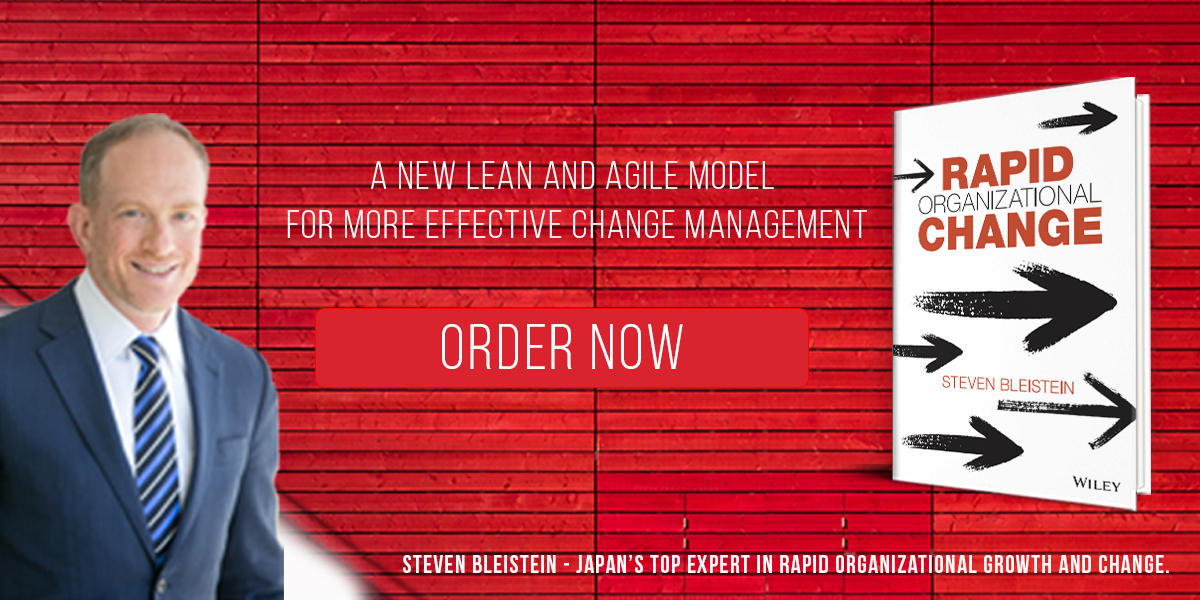[:en]
Recently, when traveling first class on the Shinkansen (the Green Car), I noticed that conductors no longer check passengers tickets. It used to be that uniformed conductor, often female, would first distribute complimentary disposable wet towels to new passengers who had just boarded, noting their seat numbers, and then some minutes later return to the same seats to inspect tickets. Now they just distribute towels. No one checks the tickets.
I figure they decided it was not worth bothering first class passengers–the ones that pay extra money for their seats. It also happens to cut conductors’ work in half. I can imagine that the people in Japan who cheat by sitting in first class without a fist class ticket, or simply mistakenly sit in the wrong car, are exceedingly rare. Why go through all the trouble of inspecting tickets, creating an undue burden on the staff and customers alike, the vast majority of customers do the right thing? And even if a few people do cheat the system successfully, who cares? What’s the impact? At the same time, how much goodwill does Japan Rail generate with its elite customers by demonstrating they implicitly trust us? What’s the profit derived from that?
In business, I see people go to great lengths to avoid being cheated at the expense of forgoing potential opportunity–such as requiring burdensome report filing by staff, when staff could be out selling or doing some good for customers. I have seen business leaders approach a potential partner with a suspicion that he or she will try to pull something, and be tentative and circumspect in discussions, rather than being open, imaginative and discussing possibilities.
In a Japanese coffee shop after ordering an iced coffee, I discovered that they had added sugar beforehand after tasting it. I asked to have something else, which was fine as long as I paid. They had to charge me for the product because I had “drunk part of it.” It was my fault, according to them. At Starbucks, you can get another drink if you like, no questions asked, and not have to pay for the first. I have done that on occasion. How many people actually abuse Starbucks’s service?
For most situations where being duped is low-impact and rare, presume the best in people. Click To Tweet
The gain from captured opportunity, goodwill, and trust far exceeds the cost of the occasional times you may be duped. And if you are duped, forget about it! Your overall gains wipe out any occasional loss.
つい最近、新幹線のグリーン車に乗っていた時に、ふと、車掌が乗車券のチェックをしていないことに気付きました。かつては新たな乗客が乗ってくるたびに、ユニフォームを着た、殆どの場合は女性の車掌がまずサービスのおしぼりを配り、客席番号をチェックしてから、数分後にまたそこに戻って着て乗車券のチェックをしていたものです。それが今ではただおしぼりを配るだけで、乗車券の確認は無くなっていました。
多分、高いお金を出してグリーン車の指定席券を買うような乗客をわざわざ煩わせてまで乗車券のチェックをするのは意味がない、ということになったのでしょう。またそうすることで、車掌の業務も半減したと思います。日本ではグリーン車のチケットなしにグリーン車に座ったり、間違えてグリーン車に乗ってしまうなどというケースは、本当に稀なことでしょう。殆どの乗客が正しい行いをしているような環境で、わざわざ乗車券のチェックをし、スタッフ、乗客の両方を煩わせる必要などあるでしょうか。それに、もし、ほんの一握りの人たちがグリーン車のチケットなしにグリーン車に乗っていたからといって、それを気にする人などそういないと思います。どのような影響があるというのでしょう。また同時に、JRが、グリーン車を常用してくれるような乗客に対し明らかな信頼を示せば、その好感度は上がるはずです。そこから生まれる利益も多いのではないでしょうか。
ビジネスの場面で、他のビジネスチャンスを犠牲にすることになっても、とにかく損をしないように色々な努力を払う人々を見かけます。例えば社員に大変負担になるようなレポートを作らせる上司がいますが、レポートを作る代わりに、その時間を使って営業や顧客サービスだってできるかもしれません。また、会社のトップの方々がビジネスパートナー候補にアプローチする時に、とにかく騙されないようにということばかり考えて、オープンで創意にとんだ態度で可能性を語り合うかわりに、はっきりしない慎重すぎる態度をとってしまっている様子も見たことがあります。
ある日本の喫茶店で経験したことですが、私がアイスコーヒーをオーダーした時、一口飲んだだけで既に砂糖が入っていることに気がつきました。砂糖なしが欲しかったので他のものをリクエストすると、新しい注文としてその分追加で払わされました。もう既に砂糖入りのコーヒーに口をつけていたし、もともと私が注文を間違えたせいだから、というわけです。これがスターバックスであれば、余計な質問をすることもなく、すぐにただで新しい飲み物を出してくれます。実際、私もこれを経験したことがありますが、何人の人がこのスターバックスのサービスを悪用したりするでしょうか。
騙される可能性が低かったり、その影響が大したものでないと思われる殆どのシチュエーションでは、人は信頼できるという仮定に基づいて行動しましょう。たまに騙されるようなことがあったとしても、人を信じることによって得られるチャンス、信用、信頼は、大体にしてそのコストを大きく上回るものです。そしてもし騙されることがあったとしても、それは忘れて良いのです。たまに損しても、全体ではもっと得られるものが大きいはずですから。
[:]



